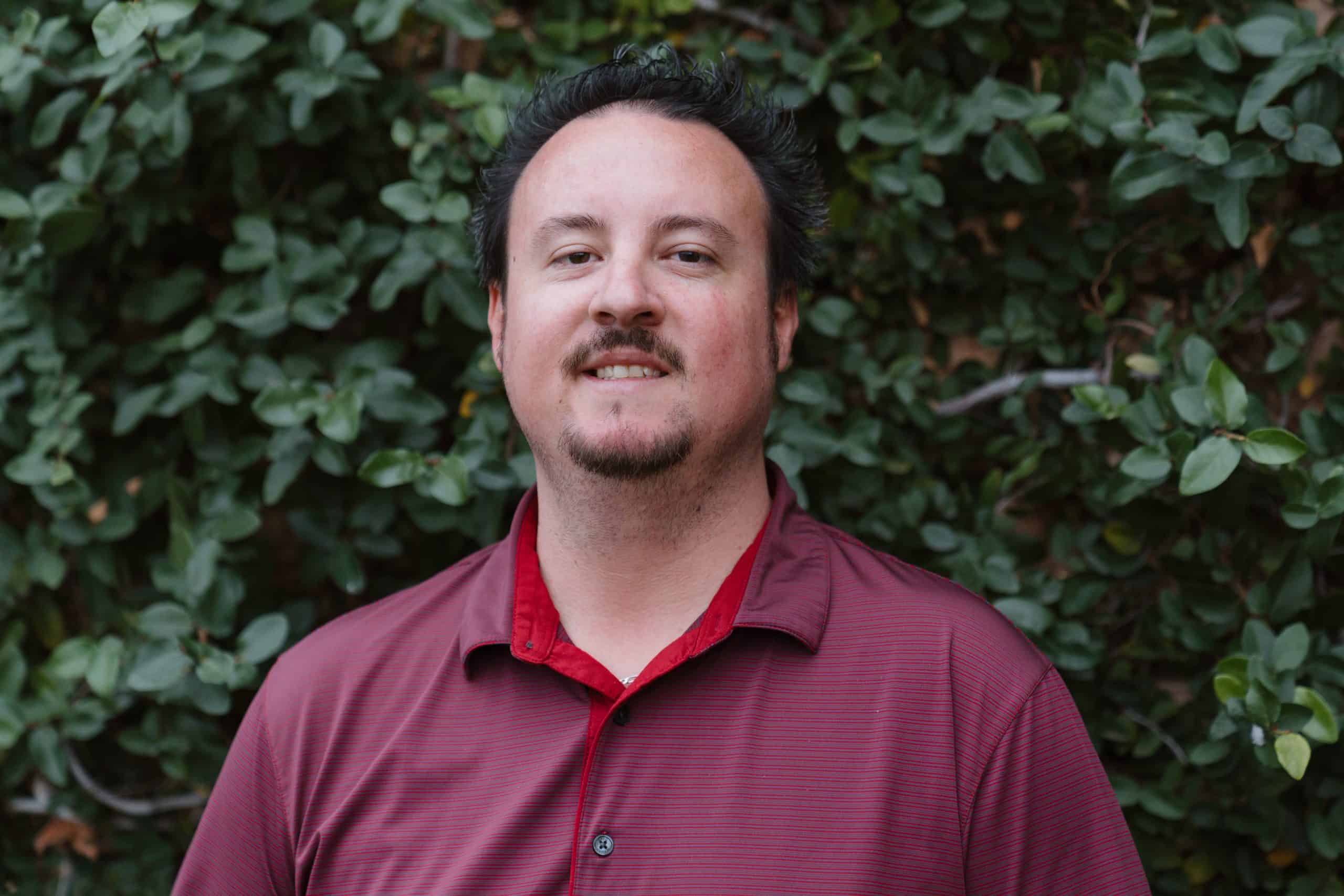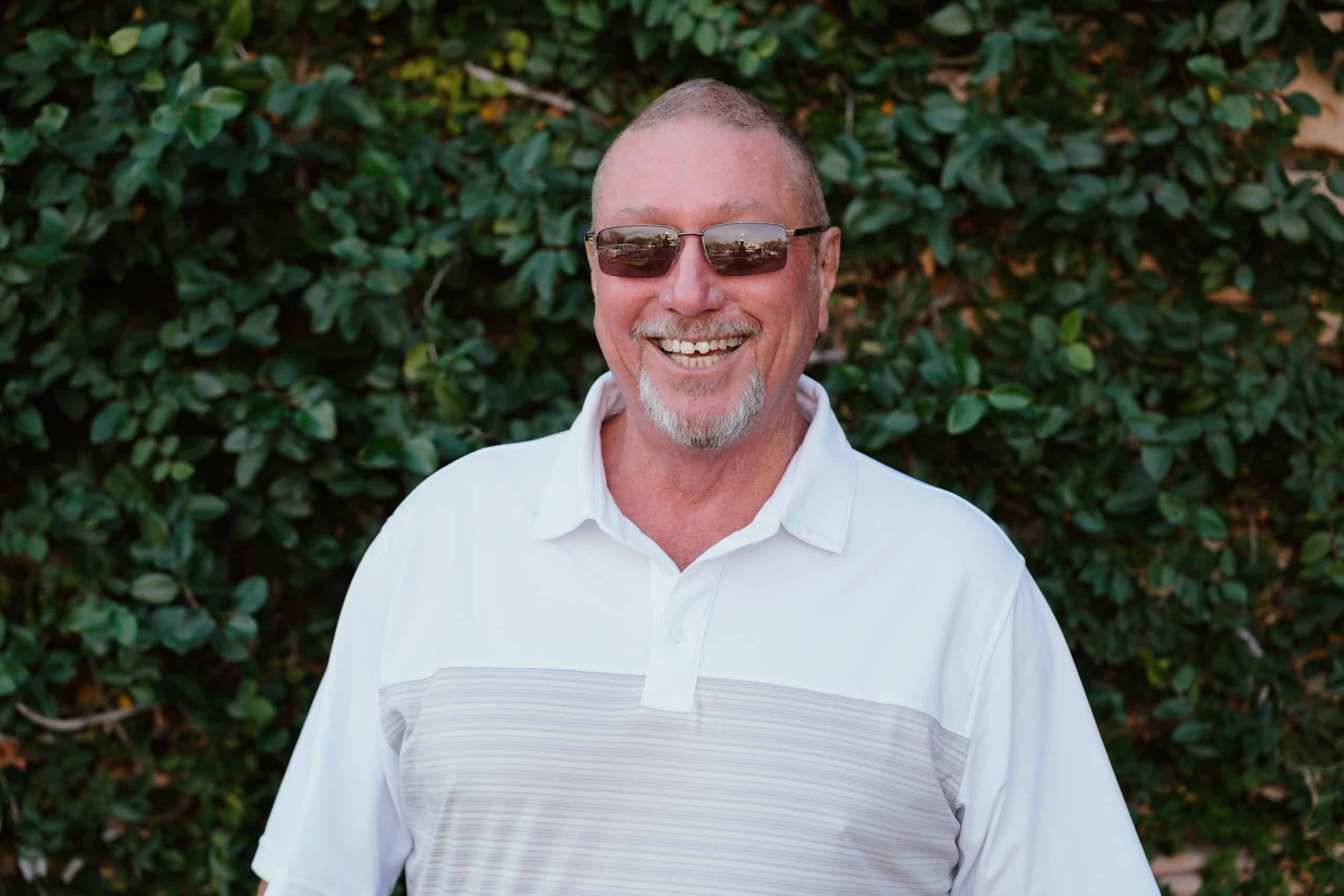Heroin Addiction Rehab

Are you looking for heroin addiction treatment in Arizona? It’s the first brave step in the journey of regaining control of your life.
Getting heroin rehab may seem overwhelming. The drug is part of your daily life.
At the moment, you can’t think of living without it. At the same time, you can’t keep going on like this without causing more damage to your relationships, career, and health.
If this is your first time seeking help or you’ve had a few setbacks along your recovery, knowing the heroin rehab process and just how dangerous the drug is may be the information saving your life.
Between 2022 and 2023 in Arizona, more than 1.2 million residents aged 12 and older admitted to illicit drug use at least once a month.
What Is Heroin?
Heroin is a very addictive drug. It is made from opium--a sappy substance taken from various poppy plants grown in Colombia, Mexico, and some parts of Asia. The opium gets refined into morphine which, in turn, goes through more refining to become heroin.
Heroin can look like a white or brown powder. In addition, it may appear as a black, tarry substance. It has several other street names including: smack, big H, dope, junk, white horse, black tar, brown sugar, and China white.
People usually take heroin by injecting it into a vein with a needle--known as “mainlining” the drug. Others inject it into a muscle. Heroin can also be snorted or smoked.
Those using heroin experience a rush of euphoria right after taking it. This high usually lasts between 3 to 5 hours. During this “rush” a person may feel invincible, overcome with pleasure, or “on top of the world”. After the initial rush, a person often goes into a period of sleepiness and drowsiness for 4 to 6 hours. In this period, a person’s breathing, functioning, and cognition can become impaired leaving them in a vulnerable state.
The curiosity about that intense pleasure high lures many to the drug. If you tried the drug to experience that euphoric rush, you are not alone. According to the National Institute on Drug Abuse, around 170,000 people tried heroin for the first time in 2016--almost double the number from a decade ago. This includes people of all races, ages, and walks of life.
How Does Opioid Addiction Affect Your Brain and Body?
Heroin works by stimulating the reward center of your brain. The drug attaches to brain receptors regulating feelings of well-being, joy, and pain. When someone takes heroin, the brain receptors activate releasing a flood of the pleasure hormone, dopamine. This creates the euphoric rush mentioned earlier. The drug’s impact on your nervous system makes it highly addictive.
What do these changes to the brain mean? The National Institute on Drug Abuse reports, prolonged heroin use can deteriorate your brain’s white matter. This brain damage affects how you regulate behavior, make decisions, and handle conflicts or stressful situations. In addition, you can quickly develop tolerance and dependence of the drug. The withdrawal symptoms of heroin are notoriously difficult and often require the assistance of heroin detox centers and treatment facilities. Withdrawal symptoms will be discussed later in this article.

In addition to changes in the brain, long-term heroin use causes other health issues. In fact, using this drug can be fatal. The Centers for Disease Control and Prevention (CDC) reported over 42,000 opioid-related deaths in 2016. More than half the states across America reported a significantly higher drug overdose death rate between 2015 and 2016. This steady increase of fatalities means, at some point, you or someone you know will be impacted by a heroin-related death.
Heroin’s effects on the body are caused by the drug as well as circumstances involving use. Those addicted to heroin make using and obtaining the drug the primary focus of their life. Nothing matters more than getting that fleeting rush. Those using the drug often neglect positive health habits like eating a nutritious diet, getting daily exercise, and sleeping regularly.
The long term health concerns related to heroin include kidney and liver disease, heart problems, collapsed veins, arthritis, lung infections or complications, and skin abscesses.
Users sharing needles have the additional risk of contracting HIV/AIDs, hepatitis, and other blood-borne diseases.
If you find yourself using heroin more and more, the consequences can be dramatic. A heroin treatment center like Pinnacle Peak Recovery in Scottsdale, Arizona, gives you the chance to free yourself from heroin’s deadly grasp.
What are the Signs of Opioid Addiction?
There are certain tell-tale signs to look out for if you suspect someone using heroin. For instance, visible track marks on the arm or other parts of the body from injecting the drug. In addition, someone using heroin may have constricted pupils, flushed skin, itching, vomiting, and nausea. Their breathing may be slower than normal and they could be fading in and out of consciousness.
Those addicted to heroin may show some distinct physical and behavioral signs of their out of control drug use. When you notice these symptoms in yourself or someone you know, attending a substance use treatment center can be life saving.
The Signs Of Addiction Include:
- “Track marks” on arms, legs, or other parts of the body
- Withdrawal from family, friends, and previously loved activities
- Presence of needles or other drug paraphernalia
- Secretive or compulsive lying
- Difficulty focusing or regulating behavior
- Legal troubles
- Absences from school or work
- Missing money or other valuables from the home
- Using drug slang
- Mood swings
- Severe insomnia
- Depression
- Developing any of the physical problems mentioned earlier in the article
If these signs seem familiar, Pinnacle Pea Recovery can help pull you or a loved one out of the vicious cycle of heroin addiction.
How to Get Someone off Heroin?
Getting someone off heroin is most effective by using a multi-leveled approach. Using medication to treat heroin addiction and withdrawal symptoms is common in detox. One common medication to treat heroin addiction is methadone. The drug works by blocking the receptors stimulated by heroin use. This helps reduce cravings and the severity of withdrawal. Though this treats the physical symptoms, in most cases this is not enough.
Simply reducing the symptoms of withdrawal and detoxing from the drug is often only the beginning. Many people battling addiction often use their drug of choice as a means to self-medicate their problems.
In many cases, those struggling with addiction have other issues such as history of abuse, trauma, or undiagnosed mental health concerns causing escapism and self-medication. The most successful heroin recovery programs take a detailed look at the whole person. Through therapy and other approaches, those going to rehab better coping skills, ways of thinking, and personal habits necessary for a successful recovery.
If you want to a better chance to get off heroin for good, Pinnacle Peak’s rehab program will give you the necessary tools the navigate all of life’s ups and downs without resorting to crutch of heroin. Individual therapy, experiential activities, and supportive aftercare are just some of the ways we help you stay off heroin.

What is Going Through Withdrawal Like?
There is no getting around it, heroin withdrawal is a difficult, uncomfortable experience. This makes the drug’s addictive hold even more powerful. Those trying to quit “cold turkey” often fail because the symptoms of withdrawal are so unpleasant. Luckily, you don’t have to fight this battle alone. Heroin addiction rehab centers provide support to lessen withdrawal symptoms and start on the road to recovery.
You may begin experiencing the symptoms of heroin withdrawal in as little as four hours after last using the drug. The severity of these symptoms depends on how long you used the drug as well as how much of drug you used to get high.

Sometimes referred to as “dope sickness”, withdrawal symptoms can include:
- Extreme irritability
- Insomnia and strange sleep patterns
- Severe pain in the bones and muscles
- Intense, unrelenting cravings
- Uncontrolled movements in the legs
- Flu-like symptoms such as vomiting and diarrhea
- Periods of feeling very cold known as “cold flashes”
- Breaking out in sweats
- Lack of appetite or difficulty eating
- Dilated pupils
- Fatigue and feeling emotionally flat
Though the symptoms of withdrawal can be unbearable, they are not life-threatening. The biggest danger of the withdrawal period is relapsing so the symptoms just go away. After all, you may be so used to that euphoric rush that dealing with the discomfort of withdrawal makes that rush so much more desirable.
Unfortunately, extreme withdrawal symptoms last for up to three days. This time can be very difficult. After the main symptoms peak at around 72 hours, the discomfort gradually begins to fade. Even though the worst may be over, some heroin uses report post acute withdrawal symptoms (PAWS) up to six months after the last use.
This is why the best heroin detox should be done in heroin rehab centers. This provides a stable environment where specially trained professionals monitor the symptoms and use appropriate methods to reduce the discomfort of withdrawal. Pinnacle Peak Recovery is a comprehensive drug addiction rehab center that uses the latest evidence-based therapies and services to help you ease through the short and long term withdrawal process.
Why wait?
Find healing from heroin use today at Pinnacle Peak.
What Kinds of Heroin Addiction Recovery Programs are Available Near Me In Arizona?
As you learned, heroin is a very harmful drug that is difficult to quit by willpower alone. It often can take the help of experts who know how to treat heroin addiction. Those unable to abstain from the drug should find a heroin drug rehab center. Recovering from heroin addiction is a lengthy process where multiple levels of treatment are most effective. Here is a common recovery path for those addicted to heroin:
Heroin Detox Health Centers
This is often the first step for when heroin takes over your life. Heroin detox centers stabilize a person beginning heroin withdrawal. Trained professionals use medications and other approaches to you through the very difficult first days of heroin detox. This is generally done by using medications to gradually taper the body’s need for opioid drugs.
Inpatient Heroin Addiction Treatment Centers
Once the detox period is complete, usually in about five to seven days depending on the severity of heroin dependence, an inpatient heroin treatment center can be the next logical step. During inpatient treatment, you receive medical supervision as well as intensive therapy which can help you develop skills and approaches to living a heroin free life.
One major advantage of heroin rehab centers involves getting away from the environment and triggers leading to drug use. For some, temporarily relocating to a different area like scenic Scottsdale, Arizona revitalizes and refocuses your mind, allowing you to achieve success in your quest to beat heroin.
Transitional Living for Heroin Addiction Treatment
If, after completing inpatient treatment, you feel leery about returning to your home environment, transitional living is a great option. These programs give an opportunity to start living more independently but still having around-the-clock support when necessary. While in transitional living, you can develop better personal habits and be around other like-minded individuals wanting to maintain their sobriety.
Outpatient Treatment Centers
After successfully completing inpatient treatment, you are often referred to an intensive outpatient program (IOP). This type of treatment program provides a great “check-in” atmosphere where you can share your triumphs and struggles while getting the support from qualified professionals and individuals in similar situations.
Completing these levels of treatment gives you a much better chance at success compared to quitting the drug alone. Addiction is a very powerful disease. The changes heroin creates in your brain can have lasting effects. Luckily, with prolonged support, you can once again enjoy a heroin-free life.
The best heroin addiction treatment centers offer a comfortable setting where you find support, information, and strategies for remaining drug free. Pinnacle Peak Recovery provides many of the above-mentioned resources and more. Whether you live in the Scottsdale area or anywhere in the world, we are ready to help you.



What Our Valued Patients Say
How to Find the Best Help with Opiate Addiction Treatment for Heroin Addiction in Arizona?
Those seeking the best treatment for heroin addiction need to find a place offering a multidimensional approach to addiction recovery. For some, detoxing from the drug alone may be the answer. Unfortunately, many require a more thorough heroin rehab.
You want to make sure you find a center that will be with you every step of the way. From the first tense hours of withdrawal symptoms to the moment you could celebrate a major milestone in your sobriety.
Pinnacle Peak Recovery’s employs licensed, experienced staff in a variety of disciplines providing an atmosphere for real change and recovery. Since many who suffer from addiction also have other mental health issues, our dual diagnosis treatment, holistic therapy, and intensive cognitive behavioral therapy is designed to get your heroin free.
Pinnacle Peak Recovery is also dedicated to educating and training your family about heroin addiction and the recovery process. You want to be sure your support network has every tool available when times get difficult.
Let’s Start the Heroin Addiction Recovery Process
Don’t waste another minute letting heroin control you or your loved one’s life. Pinnacle Peak Recovery has successfully helped many men and women seeking heroin drug rehab. Located in a tranquil suburb of Phoenix, Arizona, our multifaceted heroin addiction treatment center is the perfect place to comfortably battle your heroin addiction and regain control of your life.

Find Long-Term Recovery From Substance Use Right Here in Arizona Through Pinnacle Peak
Substance use disorders can make the future feel uncertain, but it doesn't have to stay that way forever. No matter how daunting it may feel, healing is always an option. Our team has years of experience with substance use disorders and will work with you to make sure you find the long-term success you deserve.
Whether this is your first time or your 12th time seeking healing, our team will meet you where you are with compassion and evidence-based practices. Through our Proven Process we'll show you the way to healing. Give us a call now to get started.
Clinical Excellence | Compassionate Care | Family Feel
